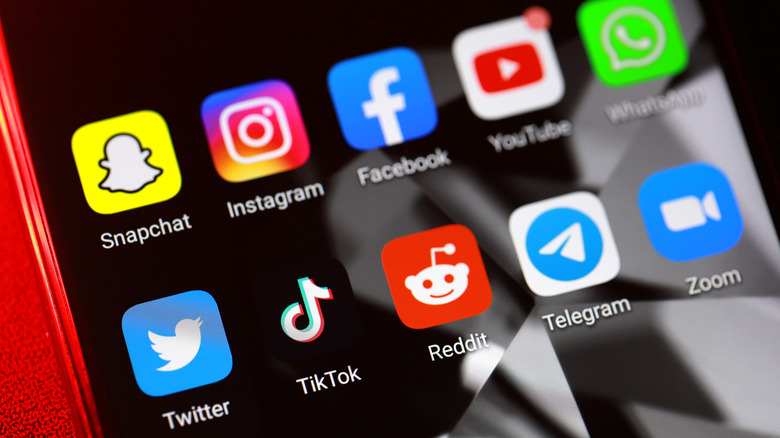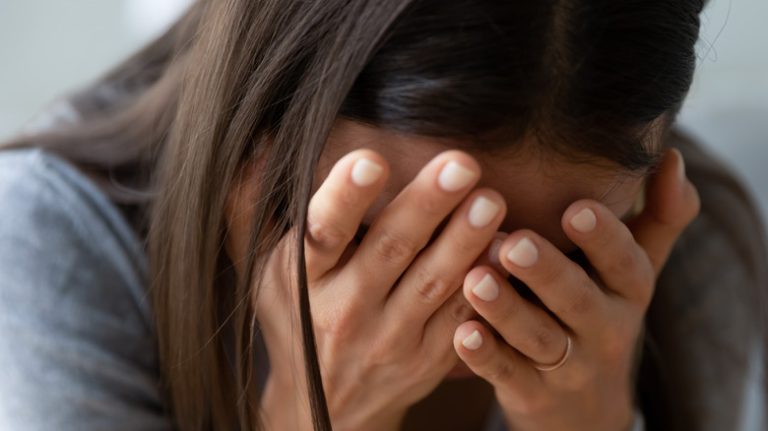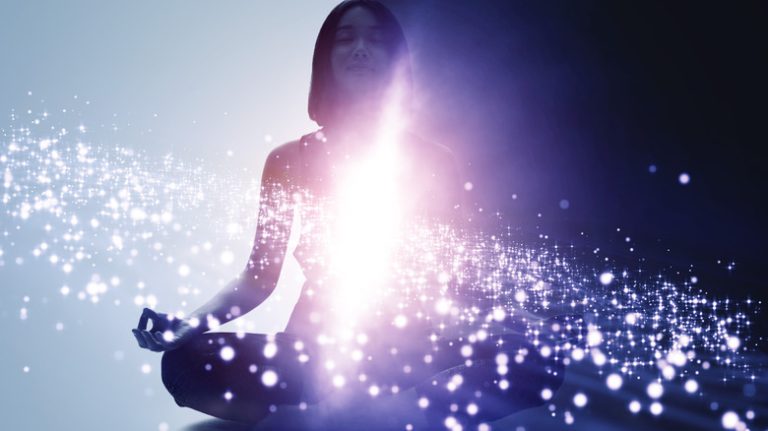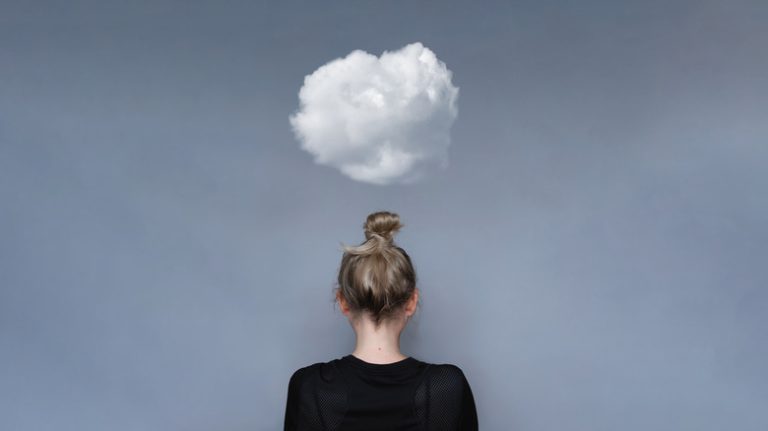If you own a smart phone or computer, there’s a pretty good chance that you use some form of social media at least once a day. Whether it’s Twitter, Instagram, or TikTok, social media has become a fairly integral part of many people’s daily lives. According to Statista, 77% of Americans have some type of social media presence, and the frequency of social media use has gone up significantly since the start of the COVID-19 pandemic.
In 2024, the average American spent around 65 minutes on social media per day. This is a 20% increase from the previous year. During this time, Facebook was the most commonly used social media platform for news and updates on the pandemic, per Everyday Health. As it happens, rates of depression and anxiety also went up during this time period — but can the use of social media actually cause harm to your mental health?
Social media use is linked to depression
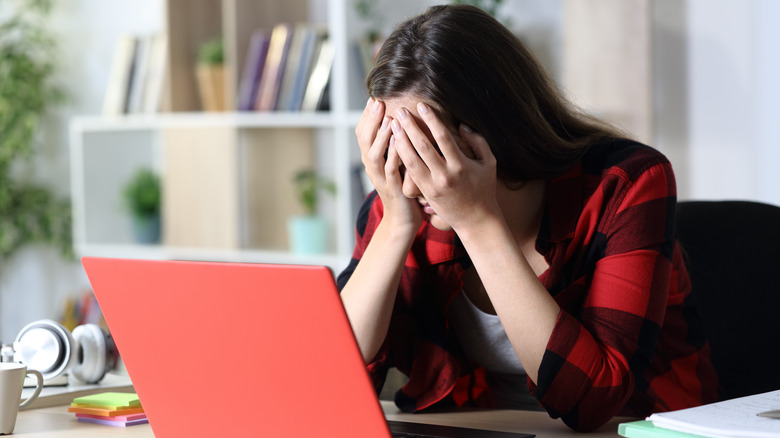
According to NBC News, recent research suggests that there is a link between increased social media use and depression. A 2024 study published in JAMA Open Network found that adults who used social media platforms were more likely to experience depression. Researchers surveyed 5,395 adults between May 2024 and May 2024, asking them whether or not they noticed changes in their mental health after increasing their social media use.
“People who were using Facebook, people who were using TikTok, and people who were using Snapchat were substantially more likely to come back and tell us they felt depressed the next time they filled out the survey,” Dr. Roy Perlis, professor of psychiatry at Harvard Medical School co-author of the study, told NBC News. Accounting for certain external factors, like isolation and loneliness during the pandemic, Perlis found that participants under the age of 35 were more likely to report experiencing symptoms of depression after using Facebook, while people over 35 were more likely to report depressive symptoms after using TikTok and Snapchat.
The reason for these findings is unclear. While the study establishes a plausible link between depression and social media, there is no evidence that social media directly causes depression. Further research is still needed to determine whether or not there is a direct connection between the two.
